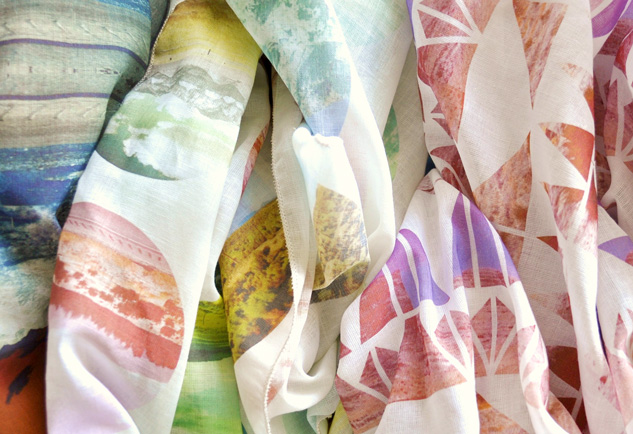
GOVERNMENT should encourage domestic textile consumption by instituting a “100% Buy Zimbabwean Textiles” to rescue the ailing local textile industry, a new research has said.
BY MTHANDAZO NYONI
Zimbabwe’s textiles and clothing industry is seriously weighed down by an influx of cheap imports from Asian countries and is operating below 20% capacity, according to government statistics.
Compounding the problem is the fact that despite the existence of legislation banning the importation of second-hand clothing, the practice has continued unabated because authorities have failed to enforce the ban.
At its peak, the clothing and textile industry in Zimbabwe used to employ as many as 35 000 people. The number has since whittled down to 3 000.
However, according to a research conducted by public policy analyst Butler Tambo, the local textile industry could be revived if government directed all its agencies to procure material locally.
“Within its new export-led growth strategy for the textiles industry, government needs to ensure that it also promotes a domestic market for the local manufacturers subject to price and quality considerations,” Tambo observed in a research titled, Can these dry bones live? A case of the cotton to textiles value chain for Bulawayo industries and its revival.
He said government should make it compulsory for the public sector to source their raw materials (eg. fabric for police, army, prisons, and hospital uniforms) and finished goods from local textile and clothing manufacturers.
- Chamisa under fire over US$120K donation
- Mavhunga puts DeMbare into Chibuku quarterfinals
- Pension funds bet on Cabora Bassa oilfields
- Councils defy govt fire tender directive
Keep Reading
Tambo said government should market and lead the cause to “Buy Zimbabwean Textiles”, with senior government officials being the “brand champions”.
The current Buy Zimbabwe campaign, he said, was a noble initiative which needed to be broadened for the good of the textiles industry.
He advocated an increase in the level of investment in domestic spinning and fabric manufacture, including diversification of processes and improved quality through acquisition of new equipment and technology.
“There should be an improvement in levels of design and diversity availability of fabric produced, upgraded levels of plant modernisation and increased productivity levels of labour and efficiencies of machinery,” Tambo said.
He said Zimbabwean textile firms should seek to operate like a horizontally integrated cluster, and tackle quality and market issues in the framework of that structure.
“Then they can go a step further to integrate vertically, towards the retail sector”.
Tambo said government should use World Trade Organisation (WTO) provisions to strategically protect the domestic textiles market and local industry from unfair competition and de-industrialisation.
The WTO agreement has safeguard clauses that allow members to protect infant industries and ensure rural development in the event of market disturbances by imports.











